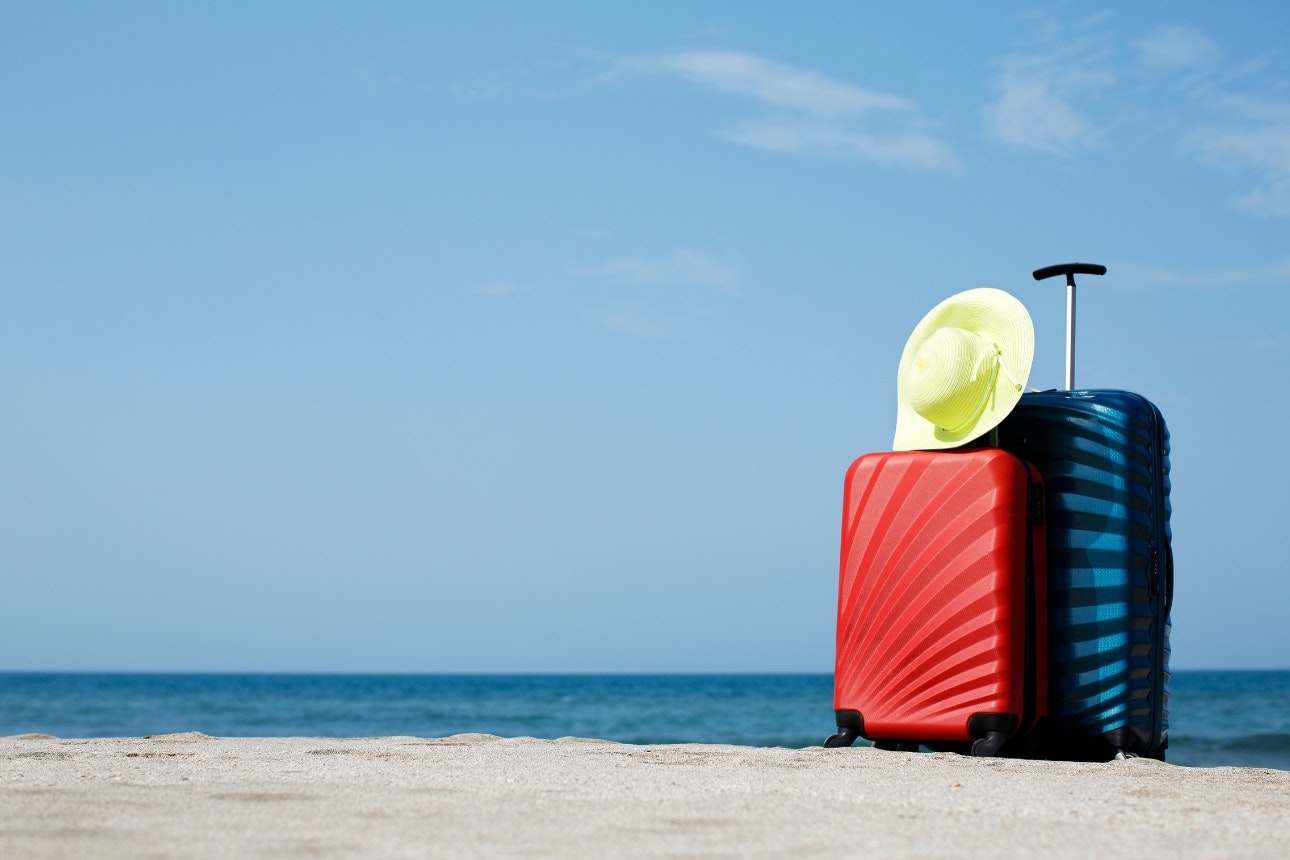
By Ruairi O'Shea
Former Investigative Writer | Kaituhi Mātoro
Given the increasing cost of travel and day-to-day life, it’s getting harder to save money for a holiday. We spoke to Anna who finds house swapping a way to have more affordable holidays.

Like many Wanaka residents, Anna settled in the lakeside resort town after years away overseas, lured by beautiful summer weather and the winter ski season. Yet, as nice as Wanaka is, 2 years with closed borders left her champing at the bit to travel again. By then, costs had skyrocketed.
“I’ve always liked to travel, but after the pandemic, and having had children, international travel was just not affordable. We wanted to get out there again but having priced up family holidays to Fiji and Australia, it was just too expensive,” Anna said.
Anna started to think outside the box about how to make travelling with her young family work financially. “We live in a place that most people are dying to come and visit, and it occurred to me that we should really just be swapping houses with people.”
So, she did. Anna uses a website called Home Exchange to facilitate her house swaps. The business has been operating from the United States since 1992, with a community of more than 150,000 members in 145 countries. Other similar services – including New Zealand-based Kiwi House Swap – are available. Both services have annual membership fees, but Home Exchange has stronger protections for yourself and your home.
How does a house swap work?
House swapping is as simple as it sounds. You arrange to swap your home with someone else’s to facilitate a holiday, with no cash changing hands. And the swap can go beyond bricks and mortar.
Later this year, Anna and her family are travelling to Noosa in Australia for a house swap, but in discussing the swap with her counterpart, it made sense to exchange more than their homes.
“Once we’d agreed to swap houses, I suggested swapping cars too. That alleviated the need to rent a car for 2 weeks, which is expensive.”
They also arranged to swap outdoor gear. “Suddenly we’ve got a four-wheel-drive car and e-bikes for our holiday.”
Swaps don’t have to be reciprocal, with some platforms allowing users to accrue points towards future stays in other households by acting as hosts. Anna did this when contacted by someone from Perth.
“We couldn’t go there, but we could let them stay in our house. We went camping locally and accrued the points for little to no effort.”
Using the service this way gives Anna’s family access to holiday accommodation in the future.
“The idea is that in a year or two’s time, if we do a big trip in Europe, we might have accrued a few thousand points to spend, which might buy us a week’s accommodation in France.”
What if something goes wrong?
If you’re anything like me, travelling around the world staying for free in other people’s homes sounds great, although hosting strangers while you’re away might make you anxious. So, what happens if something goes wrong?
We spoke to New Zealand’s major insurers about house swaps. There was little difference in their approach.
Because no money changes hands, the people you invite into your home through a swap are generally considered “guests”. This means your house and contents insurance will probably cover you for any accidental damage they cause, but not for malicious damage or theft of your belongings.
That might leave you vulnerable if something goes wrong. Every insurer we spoke to recommended contacting them to discuss coverage before engaging in a house swap.
Choosing a house-swap platform
The gaps in your insurance, and comfort level with malicious damage or theft, are likely to dictate which platform you’ll want to use.
Kiwi House Swap is significantly cheaper than Home Exchange, with memberships starting at $99 per year. However, they provide “an introductory service only”, matching you with another household.
Home Exchange costs more at USD$220 (NZD$375) per year but provides guarantees if anything goes wrong. For hosts, Home Exchange will cover property damages up to USD$1,000,000 and offers financial compensation for losses from theft. The service will also manage a deposit from guests.
For guests, Home Exchange provides compensation of up to USD$840 per week if your host cancels your stay and it cannot find replacement accommodation. It also pledges to find an alternative, if the property you arrive at does not meet its description. Home Exchange has a team available 24/7 if something does go wrong.
Choosing a provider is a personal decision. Anna loves the trust aspect of house swapping, describing the “beautiful mutual respect” between counterparts using the service. For her, the guarantees provided by Home Exchange are an afterthought, but for you, they might provide the ease of mind required to swap your home.

How to have a happy house swap
Do your research – Understand what your house-swap provider does and does not cover before you commit. Look at different services and read their terms and conditions. Check reviews by previous customers to gauge satisfaction levels. Then look at the profile and feedback for the person you’re thinking of swapping with. If there’s anything you don’t like, look for a different property.
Develop a relationship with the person you swap with – Anna recommends setting shared expectations with your counterpart. “Normally before we do an exchange, I’ll call the people first and check their expectations around damage and things like that. If your kid spills a coffee, you just cover the cost. It’s just common sense.”
Contact your insurer first – Knowing what your insurer will, and will not cover, could be important in choosing a house-swap platform.
Secure or remove valuables – Home Exchange might cover you for the cost of a stolen passport, but you’ll still be the one filling out forms for a new one.
Provide instructions for how things work – If you’re giving your guests access to gear, providing instructions will help avoid accidental damage.


